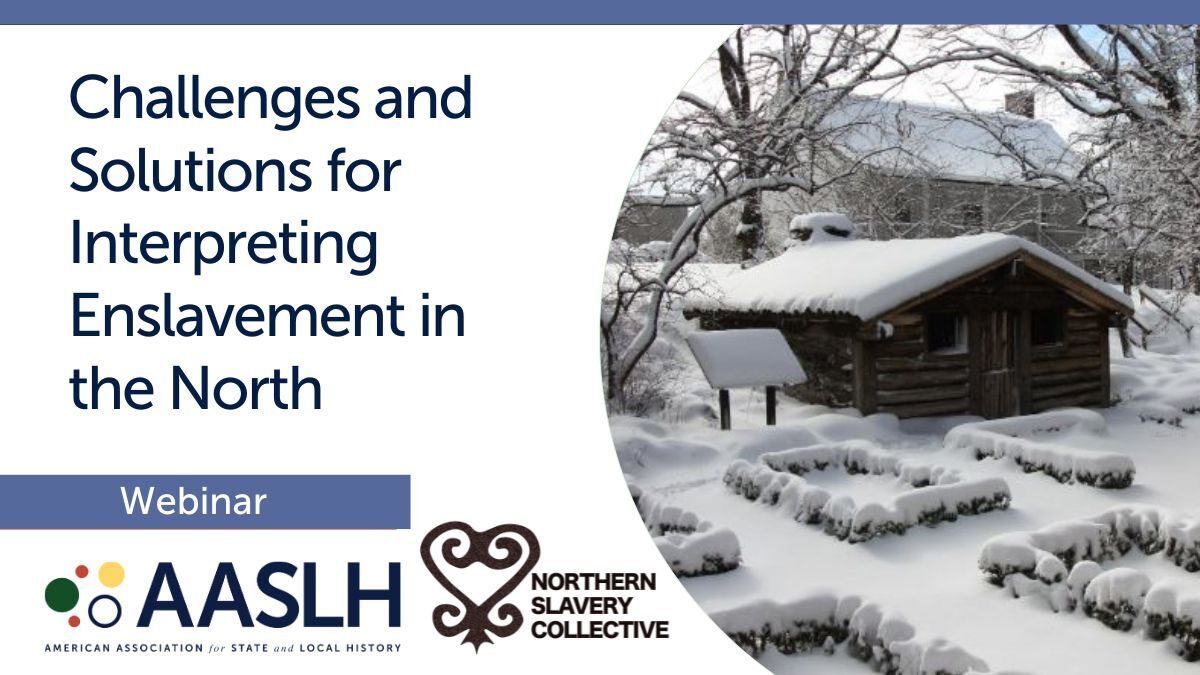
Challenges and Solutions for Interpreting Enslavement in the North - Live Webinar
- Registration Closed
About This Webinar:
Do you know your site has enslavement stories to tell but aren’t sure how to research or share them? So much of the history of enslavement has focused on the Southern United States. However, enslavement existed in the Northern United States as early as 1627. In 2020, many museums in the Northeast struggled with reinterpreting their sites to include information about enslaved individuals on their site. Through a museum community gathering, a new model for problem solving was born. The Northern Slavery Collective (NorSC) is a group of museum professionals and academics dedicated to researching and interpreting the history of enslaved people and the practice of enslavement in the Northern United States. This group has provided professional development and networking sessions that give organizations the tools they need to further their interpretive goals. This panel will showcase case studies from member sites the Dyckman Farmhouse Museum, Mid-Hudson Antislavery History Project, and Lefferts House.
Participating Organizations:
The Dyckman Farmhouse Museum has drastically changed its approach to museology since 2015. With a focus on serving its diverse neighborhood in Upper Manhattan, the museum has been able to overcome interpretive challenges around its history of enslavement through networking with other museum professionals and thinking outside the box in its programs and exhibitions.
Since 2006 the Mid-Hudson Antislavery History Project (MHAHP) has brought together researchers, educators, community leaders, and members of the public to:
- conduct and synthesize research on the history of slavery and antislavery in New York’s Mid-Hudson Valley, including the Underground Railroad;
- interpret and share this history with a wide array of residents and visitors in our area, with particular attention to students and youth; and
- place this local history in the broader contexts of racial slavery in the New World, the African-American experience, and antislavery legacies today, including the impact of this historic grassroots movement on subsequent struggles for racial and social justice.
MHAHP is a 501 (c)(3) organization chartered by the New York State Department of Education.
Lefferts Historic House is an eighteenth-century Flatbush farmhouse and New York City landmark, jointly operated by Prospect Park Alliance and the Historic House Trust. In 2021, the Alliance launched ReImagine Lefferts, an initiative to re-envision the mission and programming of the museum to focus on exploring the lives, resistance, and resilience of the Indigenous people of Lenapehoking, whose unceded ancestral lands the park and house rests upon, and the Africans enslaved by the Lefferts family. By focusing on stories of resistance, resilience, empowerment, and joy, while also recognizing the legacies of dispossession, enslavement, and oppression, the Alliance seeks to create a safe space for engaging with our collective past as well as contemporary issues affecting our communities today.
Details
DATE: November 19, 2024
TIME: 3:00 - 4:15 pm EASTERN (Remember to adjust for your time zone)
COST: $25 - Members/$45 - Non-members
ACCESS: You will be provided with instructions on how to access the live event upon registration.
Recording and Captioning
We will record this event. Captioning is provided for the live event.
Book Discount Code
Registrants for this workshop also receive a 30% discount on the AASLH book Interpreting Slavery with Children and Teens at Museums and Historic Sites at rowman.com with a promo code in their confirmation email.
Learning Outcomes
This panel will discuss:
- The purpose and history of NorSC
- Challenges that many institutions have faced in their journey to create a more inclusive narrative
- How NorSC has helped museums work creatively to overcome their interpretive challenge, building its membership to 262 individual members and 159 Institutions, and holding two sold-out conferences
- Examples of how museums are using unique strategies for interpretation at historic sites
After this webinar, attendees will be able to:
- Understand why NorSC was formed and how it is helpful to its membership
- Know how to use this framework for creative problem solving for their own region
- Have resources for further information about enslavement in the Northern United States
What is not covered?
- The nuts and bolts of interpreting Northern slavery
- Getting boards on board
- Fundraising for interpretation
- Training museum docents on enslavement history
Connecting the Content
This webinar will especially help organizations enrolled in STEPS address multiple standards under the Interpretation section of the STEPS programs.
The Standards and Excellence Program for History Organizations (STEPS) is a self-study, self-paced assessment tool designed specifically for small- to mid-sized history organizations, including volunteer-run institutions. Through a workbook, online resources, and an online community, organizations enrolled in STEPS review their policies and practices and benchmark themselves against national standards.
How to Register
Click here for instructions on how to register yourself or another user for this event.
Cancellation/Refunds for onsite workshops must be submitted in writing via email to learn@aaslh.org or mail to 2021 21st Ave S., Suite 320 Nashville, TN 37212. Cancellations made prior to the early-bird registration deadline date will receive a full refund. Cancellations made between the early-bird deadline date and eight days prior to the workshop will be subject to a $55 processing/materials charge. No refunds will be given within seven days of the workshop date. AASLH is not responsible for cancellations that were mailed or emailed but never received.
Cancellations/Refunds for online professional development (webinars and online courses) must be submitted in writing via email to learn@aaslh.org or mail to 2021 21st Ave S., Suite 320 Nashville, TN 37212. Cancellations made prior to the start date for the online course or the day of the webinar will be given a full refund. No refund will be given after the start date for the online course or on/after the day of the webinar. Registrants may transfer their registration to another person. Registrations cannot be transferred between courses or course sessions. AASLH is not responsible for cancellations that were mailed or emailed but never received.
If you have any questions, please contact AASLH Professional Development staff at learn@aaslh.org or 615-320-3203.
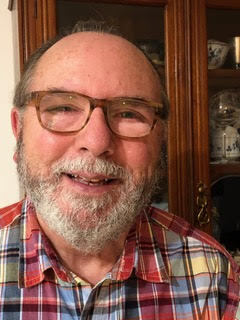
Peter Bunten
Executive Directive
Mid-Hudson Antislavery History Project
Peter Bunten is Executive Directive of the Mid-Hudson Antislavery History Project, located in Dutchess County, and is the current Vice President of the Underground Railroad Consortium of New York State. He is a Trustee of the Dutchess County Historical Society and is affiliated with Celebrating the African Spirit in Poughkeepsie. Before his retirement in 2018, Mr. Bunten was the Education Manager for Historic Hudson Valley. He has a Master’s degree in Historical Studies, with an emphasis on Public History, from the University of Maryland, Baltimore County. He is a native of Poughkeepsie and currently lives in the Bronx.
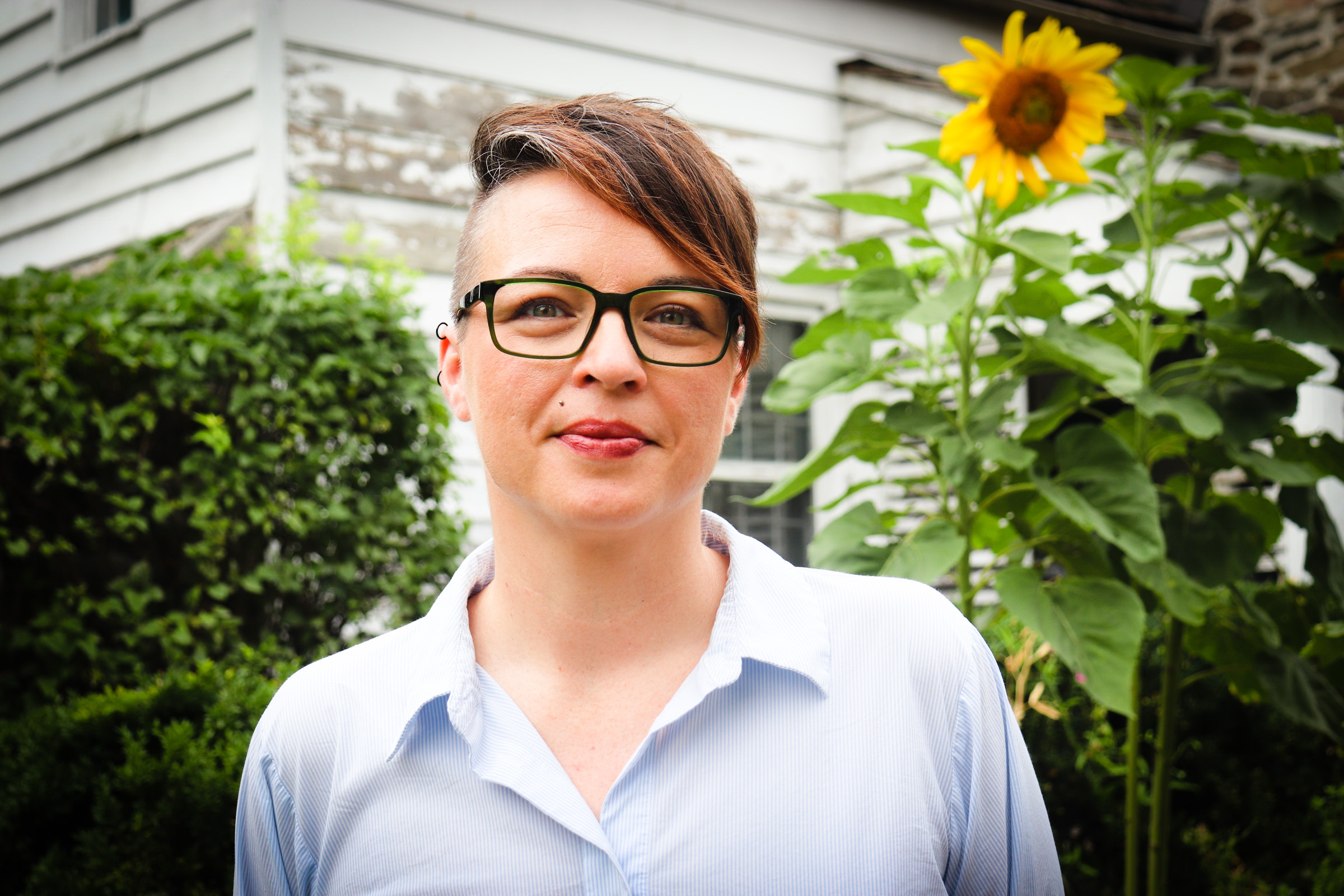
Melissa Kiewiet (they/she)
Executive Director
Dyckman Farmhouse Museum Alliance
Melissa Kiewiet (they/she) is the Executive Director of the Dyckman Farmhouse Museum Alliance. Kiewiet began their career with the Dyckman Farmhouse Museum in March of 2018 as a Development and Community Engagement Fellow, and served as the Director of Development and Community Engagement for the DFMA from July of 2021 to February of 2023. During this time, they were instrumental in raising funds to conduct historical research and provide crucial programming and services to the Inwood community. They are passionate about museums as drivers for social change and as community anchors.
Kiewiet earned their Bachelors’ degree in History from Maryville College in Maryville, Tennessee. They are a graduate of the Cooperstown Graduate Program at the State University of New York College at Oneonta where they earned their Masters degree in Museum Studies. They have worked in various development departments in the arts and culture sector prior to their current position and serve on the board of Maryville College Alumni Association and the Mid-Atlantic Association of Museums. They also serve as a steering committee member for the Northern Slavery Collective and maintain a membership with the Cooperstown Graduate Association.
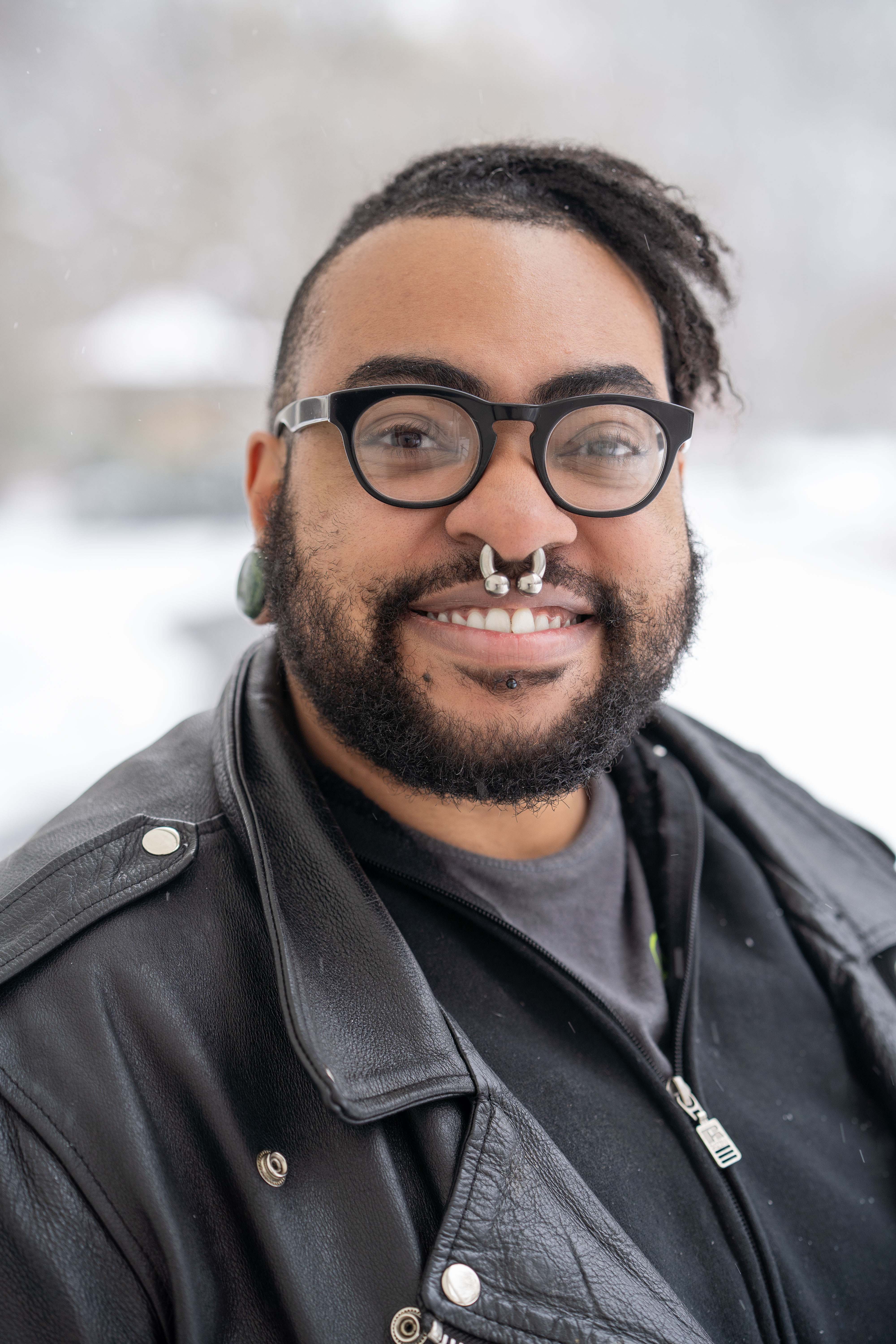
Riah Lee Kinsey
Public Programs Manager
Lefferts Historic House
Riah Lee Kinsey is a Black, queer scholar of trans experience. Trained in historical archaeology and gender studies, R.L.’s current focus is archival research. He holds Master's degrees in both Liberal Studies (Digital Humanities/American Studies) and Library Science (Archives/Preservation), and his work explores the relationship between emerging archival technologies and Black/queer historical subjects. He is currently the Public Programs Manager for Lefferts Historic House in Brooklyn, NY.
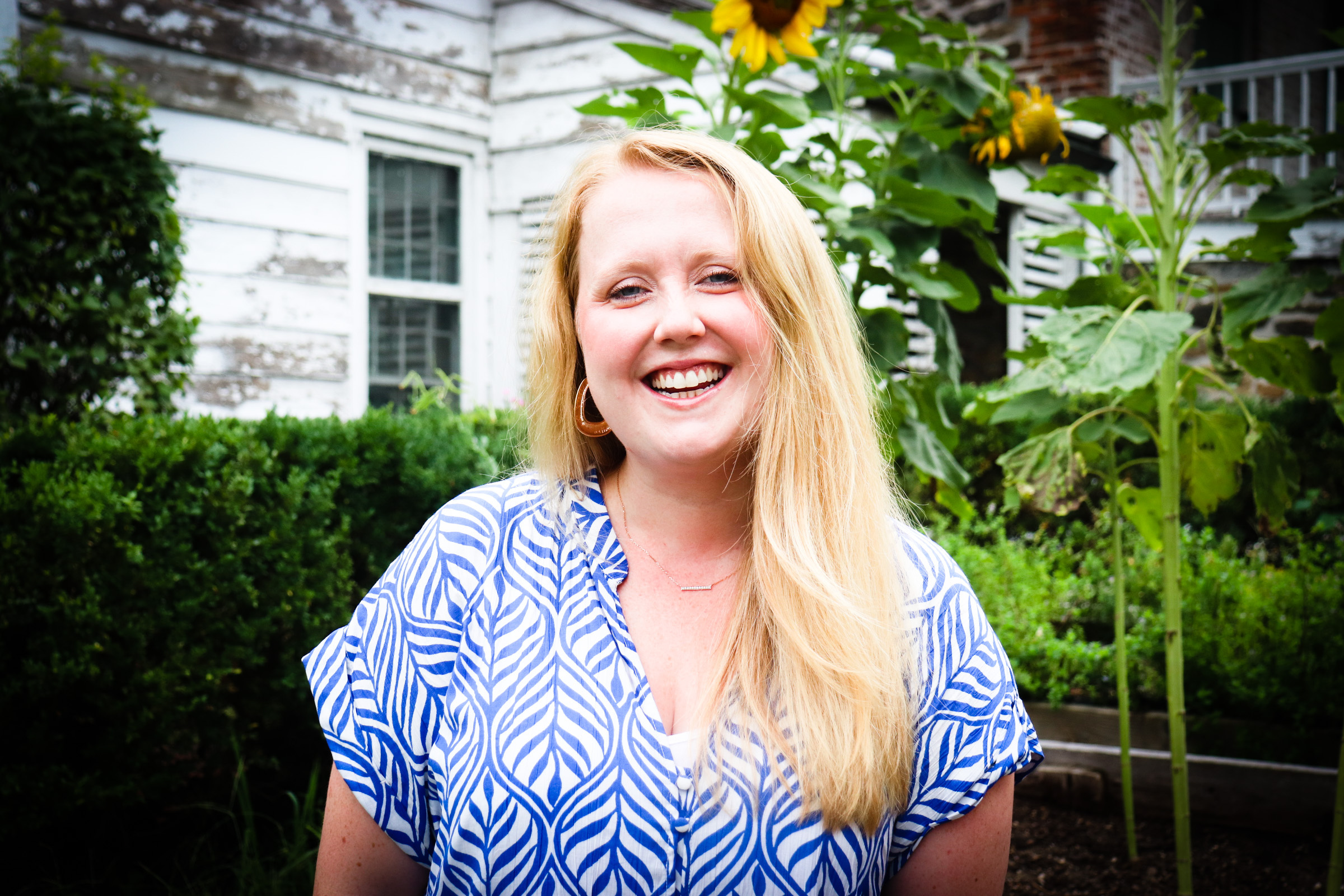
Caroline McCarthy
Director of Community Engagement
Dyckman Farmhouse Museum
Caroline McCarthy is the Dyckman Farmhouse Museum’s Director of Community Engagement. Since coming to DFM in 2022, McCarthy has increased visitorship to the museum through her outreach with the museum’s five social media platforms and by creating exciting and engaging programs. McCarthy holds a Bachelor of Arts in Anthropology from St. Lawrence University and a Masters in Museum Studies from New York University. Before coming to DFM, McCarthy worked in exhibition design at the American Museum of Natural History.
